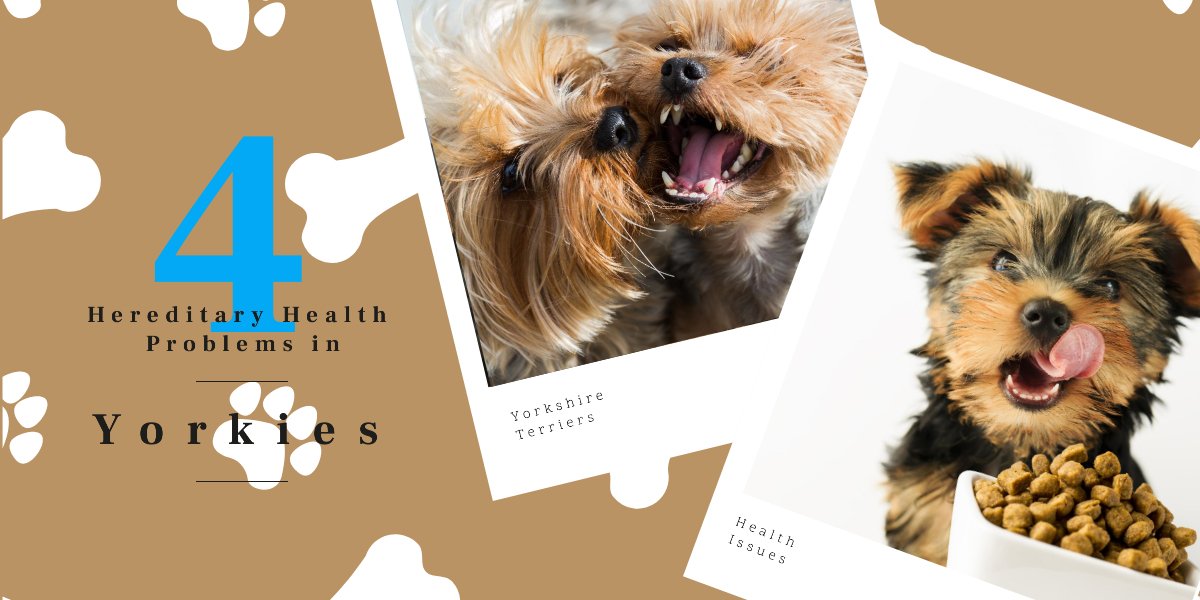Hypoglycemia, or low blood sugar, is a common health issue among Yorkie puppies. It is most common in puppies aged 5 weeks to 4 months.
Why Yorkies Are Prone To Hypoglycemia
Yorkie puppies, like other toy breeds, are prone to hypoglycemia because they cut their teeth later than larger breeds. Cutting teeth later makes chewing food more difficult for Yorkie puppies.
This difficulty chewing leads to decreased food intake. When a puppy is not eating enough food their body has difficulty maintaining a normal blood sugar level, resulting in hypoglycemia.
Signs & Symptoms
How do you tell if your pup is suffering from hypoglycemia? One major red flag for hypoglycemia in puppies is drowsiness.
If your puppy was once playful and perky but now seems to lack energy they may be suffering from hypoglycemia. Other symptoms to watch out for are shivering, muscle weakness, disorientation, and depression.
In severe cases of hypoglycemia, puppies may faint or have seizures. It is important to note that although hypoglycemia is most common in puppies it can affect adult Yorkies as well, so be sure to look out for these symptoms in adults.
Treatment for Hypoglycemia
The most important thing to do if your Yorkie puppy is showing signs of hypoglycemia is to try to get them to eat.
If the puppy is not experiencing severe hypoglycemia this may be all that is needed to raise their blood sugar. You can also rub corn syrup or honey on your puppy’s gums to get some much-needed sugar into their system.
If your puppy’s symptoms are severe, take them to an animal hospital immediately. Hypoglycemia can be deadly if not promptly treated. In severe cases of hypoglycemia the vet may put your puppy on an intravenous dextrose drip in order to raise their blood sugar levels.
Hypoglycemia Prevention
Preventing another bout of hypoglycemia will likely require you to make some long-term changes.
Dogs who are at risk of experiencing a hypoglycemic episode need to be fed high protein food multiple times per day in order to keep their blood sugar levels up. You should also be sure to have snacks available for your dog when they will be doing vigorous exercise.
Taking these steps will lower the chances of recurrence and keep your pup in the best health possible.
If you have any questions, please consult your vet for specifics on your fur-baby.







Recent Comments